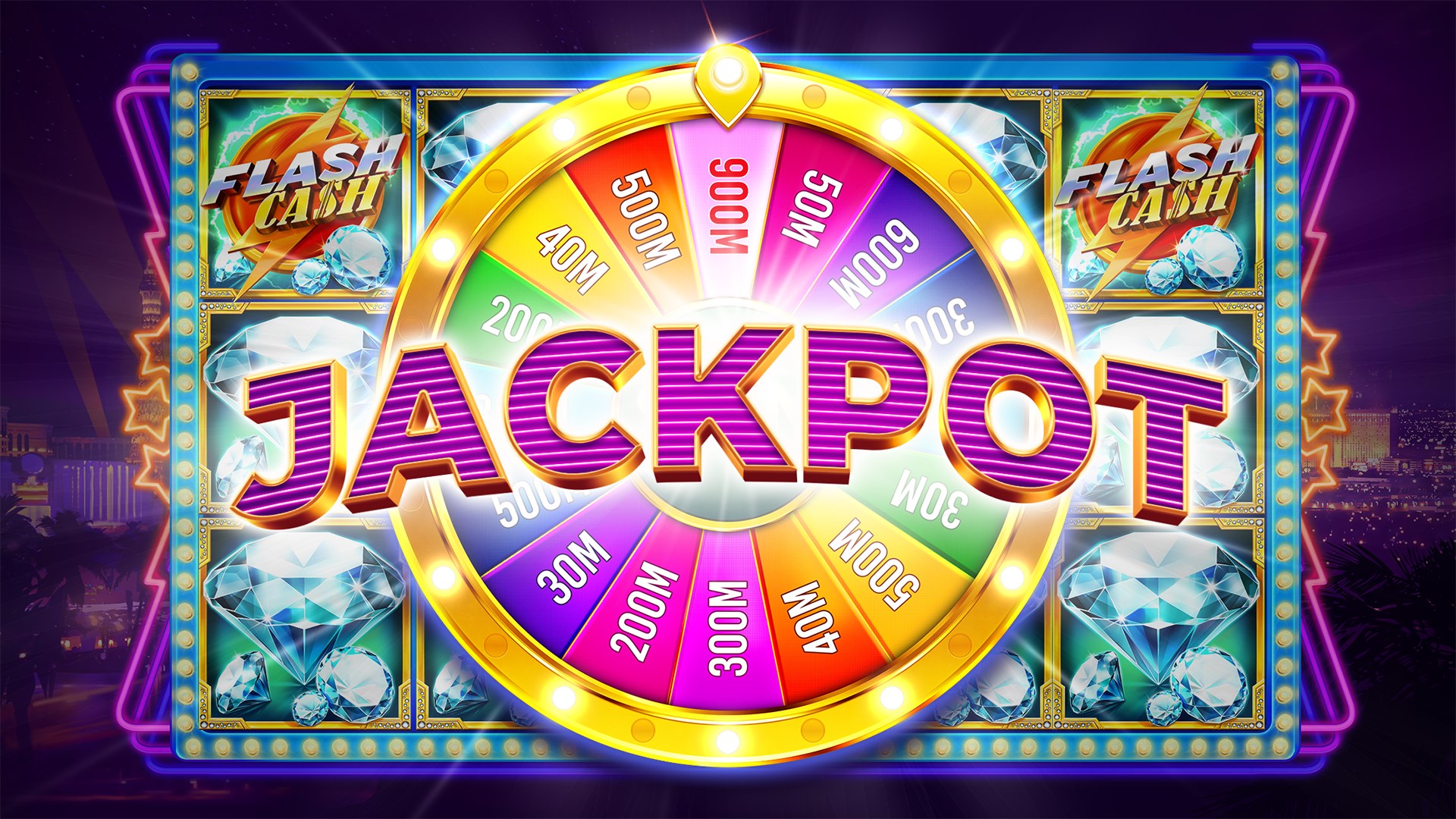The realm of casino games is constantly evolving, shaped by changing regulations, tech innovations, and changing consumer preferences. While authorities and gaming commissions strive to create a safe and just space for players, the landscape of casino regulations is experiencing major transformations. Grasping these changes is essential for both operators and gamblers looking to explore the thrilling yet intricate realm of gambling.
Recently, numerous jurisdictions have proposed and implemented new policies designed to enhancing the protection of players while promoting ethical gaming. These developments not only impact the varieties of gambling games offered but also how they are advertised and obtained. In this piece, we will examine the most recent regulation changes, their implications for the gambling sector, and what players can look forward to as they interact with their favorite gambling games.
New Governance Systems
New developments in gaming legislation are shaping the direction of gambling games across different regions. Authorities are acknowledging the need for a strong governance structure that not just shields gamblers but also ensures equitable competition and responsible gaming. These systems are designed to tackle concerns such as internet-based gambling, cryptocurrency currencies, and advancements in tech, reflecting the transforming landscape of the casino industry.
One significant trend is the adoption of stricter rules regarding transparency and consumer safety. Gaming establishments are now obligated to provide clear information on probabilities, returns, and the associated dangers involving gambling. This shift aims to enable gamblers by making them take wise choices while also assisting to fight gaming problems through responsible play practices. Casino owners are obligated to establish self-exclusion initiatives and make available support for individuals seeking help.
Additionally, novel regulations are being enforced to new innovations such as virtual reality and blockchain in gambling activities. Authorities are crafting standards to assure that these innovations maintain authenticity and justice while also securing gambler information. As the sector evolves, authorities are adapting to ensure that advancements enrich the gaming environment while safeguarding both gamblers and entities.
Impact on Game Variety
The latest updates in game rules have created new avenues for gaming experiences, allowing for enhanced innovation and difference within the industry. As oversight agencies update their standards, developers are motivated to develop unique gameplay experiences that cater to a broader market. This has led to a rich tapestry of new games, incorporating diverse themes, genres, and mechanics that were historically overlooked or constrained by more rigid rules.
With a looser set of rules, gaming establishments are now able to try out various types of games, including skill-focused games and participatory play. This shift has produced a rise in combined games that mix conventional gambling features with current gaming trends, such as digital gaming and AR. By expanding the types of games available, casinos can appeal to not only experienced betters but also non-professional players who may favor alternative selections.
In addition, the development of rules has focused on clarity and justice in gambling, which could foster higher player confidence. As a result, consumers are more willing to explore a wider variety of gaming experiences, understanding they are participating in services that adhere to new guidelines. This growing trust enhances player participation and can ultimately boost profitability as more varied choices address diverse tastes and audiences in the gambling landscape.
Upcoming Transitions in Oversight
As the gambling landscape changes, regulators are progressively focused on adopting technology-based solutions to enhance clarity and justice. The incorporation of blockchain technology into casino operations is expected to gain traction, allowing for greater oversight of operations and ensuring that games remain fair and unchangeable. This transition could lead to a compliance framework that embraces these improvements, promoting confidence among participants and providers alike.
In addition to tech-based integration, there will likely be a greater emphasis on prudent gaming methods within the regulatory environment. Authorities are expected to implement more stringent measures to promote player protection, including mandatory self-exclusion systems and robust age verification mechanisms. This move aims to defend vulnerable populations while ensuring that the pleasure of gambling games is preserved for responsible gamblers.
Lastly, as internet gaming continues to increase globally, harmonization of oversight across different jurisdictions will become a pressing need. https://gacam888.co/ Countries may seek to work together more closely on shared standards for permits, operation, and taxation. This could lead to a more efficient regulatory system for global operators, fostering a broader acceptance of online casino platforms while maintaining strong of gambler protection and integrity in the gaming industry.

